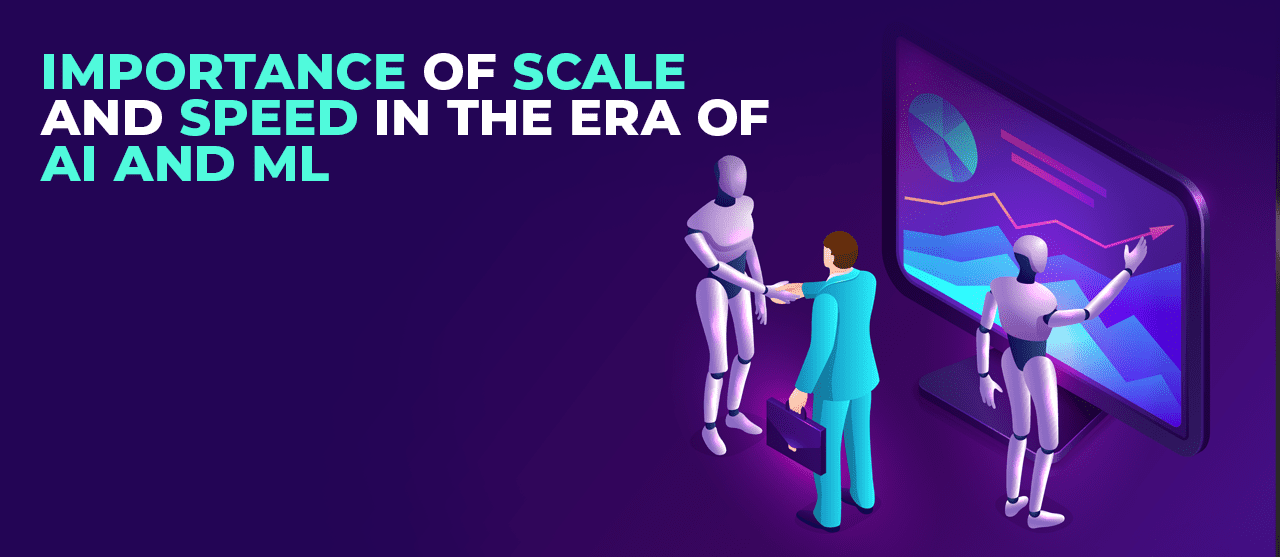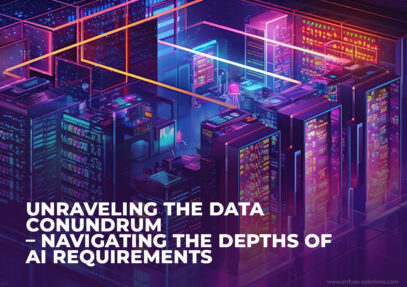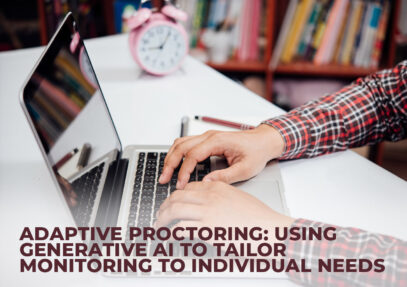
In recent years, artificial intelligence (AI) and machine learning (ML) have made quick strides in every industry. They have revolutionized the way industries function and helped companies make rapid innovations and informed decisions.
That said, these technologies only function well when they learn how to carry out certain tasks efficiently without human intervention. For example, in the education and training industries, online proctoring protects the integrity of online exams and is typically handled by online proctors who are trained to monitor candidates while they are taking exams.
So, how do online proctors know how to discern the difference between cheating and appropriate behavior? As humans, online proctors possess the intelligence to evaluate human behavior. They understand the context of certain candidate actions and can determine if they are right or wrong. Machines lack human intelligence and as a result, must be taught to make the right decisions.
Data labeling annotations help to close this gap. Machines are trained to recognize objects, human behavior, and other subtle things to work efficiently without human intervention. The annotation process labels the data that is used to train the AI system to recognize objects as humans do. Annotation can be done for all data and content types – videos, images, text, etc.
How to Scale and Speed Up Data Annotation?
Before a company begins leveraging AI and ML, it must understand that the machine must be trained to understand every individual element of data and content. However, this can become an overwhelming task, especially as companies continually receive more data and content every day, often from new sources, and gain new insights from it. To keep up with this constant flow of new inputs, it’s important to scale and speed up your data annotation process.
In addition, data annotation must be executed carefully, especially for complex projects. Because machines rely on these inputs to perform activities and make critical decisions, the quality, precision, and impact of the machine improve as it becomes smarter based on the quality and volume of available annotated data.
Fundamentally, expertise and accuracy are extremely important for data annotation. Given that a company has to annotate a wide range of data sets every day in addition to focusing on its core business processes, scaling or speeding the annotation process can become challenging, time-consuming, and ultimately ineffective.
Many companies are finding that automating the annotation process can be a good initial solution. It can help to scale the annotation process and ensure that the data and content are labeled rapidly with minimal errors. While it’s a good place to start, automation has its limitations.
For example, humans are required to validate the labels for accuracy, which requires a deep level of domain expertise. As a result, human intervention continues to be necessary even when data annotation tools are used.
Should Data Annotation be Done In-House or Outsourced?
This is a question that every AI and ML-driven company is trying to answer. The advantage of doing data annotation in-house is that the employees understand the business well and can label the data accurately. For example, if the data pertains to complex subjects like law and medicine, then experts in the field will be able to interpret the data appropriately and label it accurately.
In-house data annotation can also help to address the problem of data privacy and strict, company-specific security policies. However, companies receive an enormous amount of data every day, which makes it difficult to scale the data annotation process even if they hire an army of experts. Also, according to Cognilytica, companies that do data annotation internally spend five times more than when they outsource it to a third-party service provider.
Data annotation can also be time-consuming for the in-house data scientists and lead to employee retention issues, as suggested by the CrowdFlower research. 76% of data scientists cited data preparation as the least enjoyable part of their work. More and more companies are outsourcing their data annotation process to a third-party partner.
Outsourcing can help to ramp up the data annotation process as the service provider will have a dedicated team to manage it. Also, because they have probably already worked on similar annotation projects, they will have the tools, processes, and experience to annotate data and content quickly and accurately. Also, with service level agreements, projects are more likely to be completed on time and within an established budget. The first step is finding the right data annotation partner.
Who is the Right Partner?
Apart from experience, the partner company must have domain experts who will understand the data correctly and execute the labeling correctly. They must have deep knowledge about the domain because even the slightest error could lead to major trouble. They must also have a complete understanding of the industry’s requirements, especially in highly regulated industries like finance, legal, pharmaceutical, and healthcare.
In addition, companies must ensure that their partner follows the highest levels of data security guidelines. Because the partner will be dealing with private data, a single oversight could lead to a data breach, exposing data to external attacks such as malware, ransomware, etc. Hence, the partner must follow the security policies stringently, including ensuring that even the tools they use for data annotation are secure.
How EnFuse Solutions Helps Scale and Speed Data Annotation
EnFuse Solutions is a leading enterprise data management solution provider with 30+ years of cumulative experience. To help companies fuel their AI and ML systems and improve their business results, we provide tagging, labeling, and annotation services on both a project level and as an ongoing managed service.
Our dynamic infrastructure, quick process setup, and ability to respond to challenging situations such as COVID-19 have enabled us to provide timely solutions to our clients, ensuring business continuity. Successful deployment of AI and ML will differentiate between leaders and followers in nearly every industry in the coming years. To stay ahead of the curve, find a partner who will scale effectively and accelerate the speed of your data annotation processes.
Leave a Reply
Your email address will not be published. Required fields are marked *


















Comment